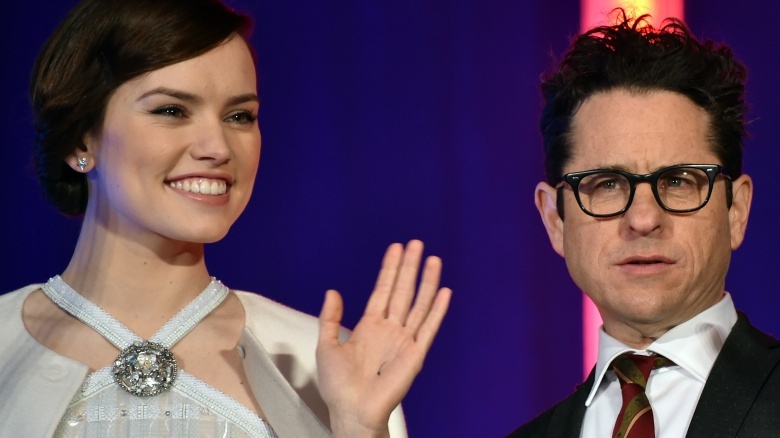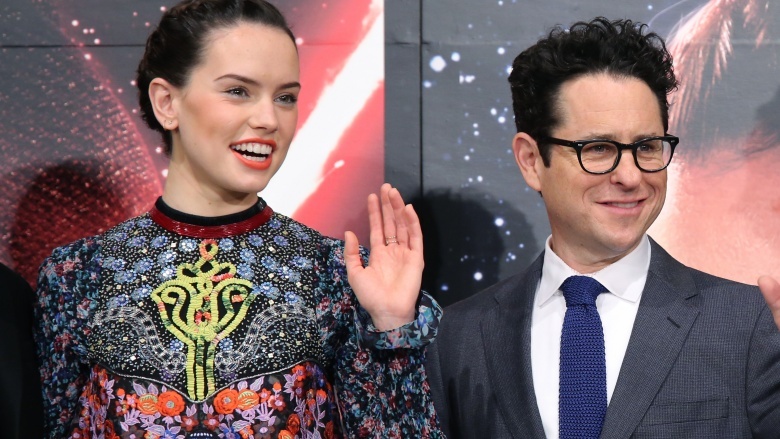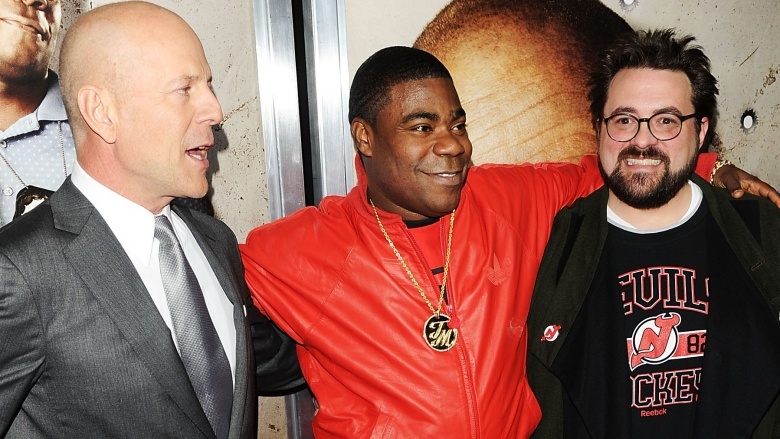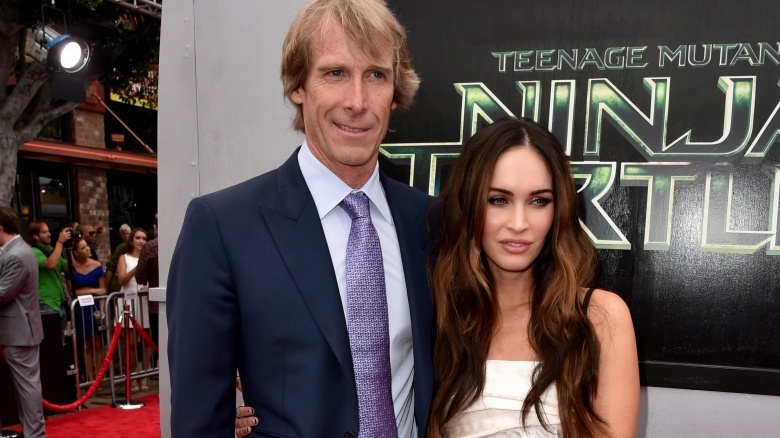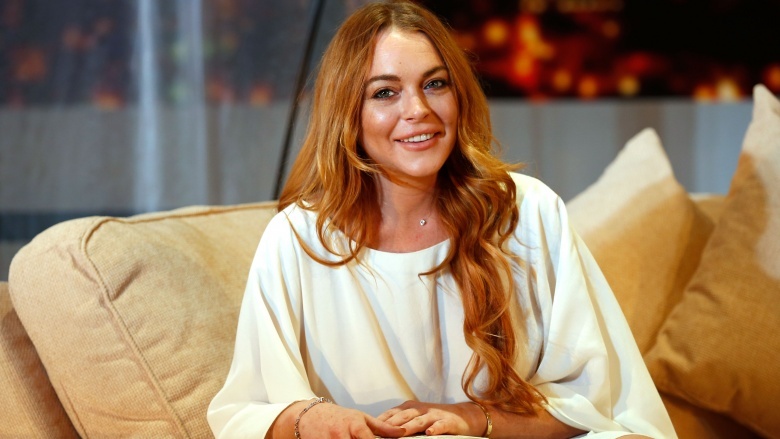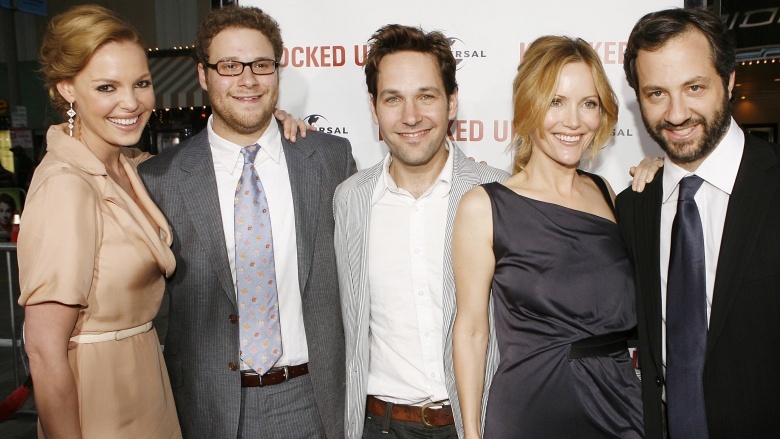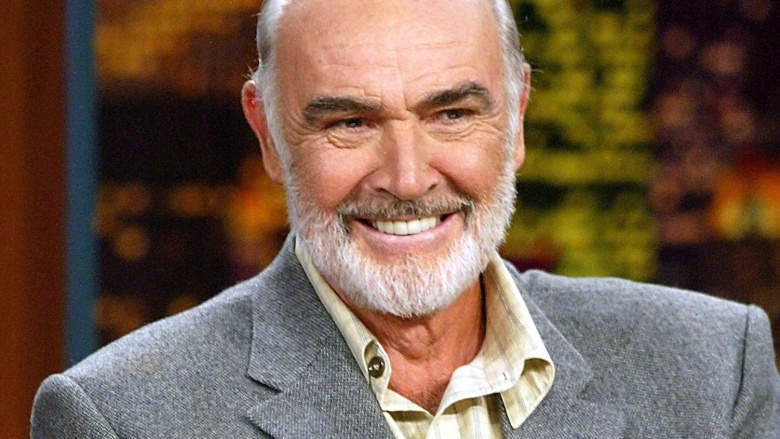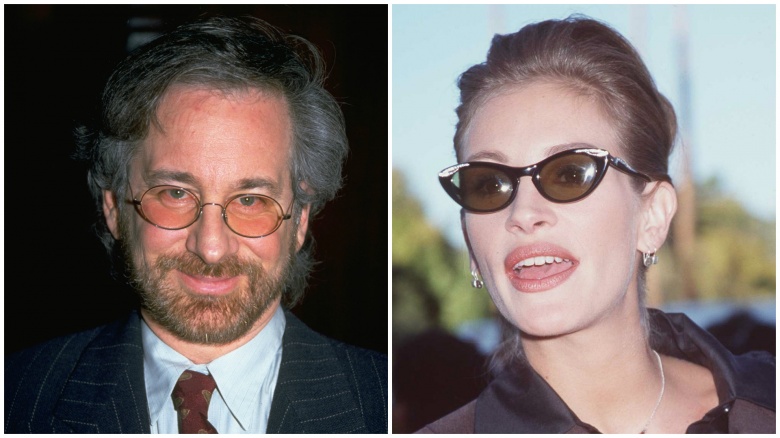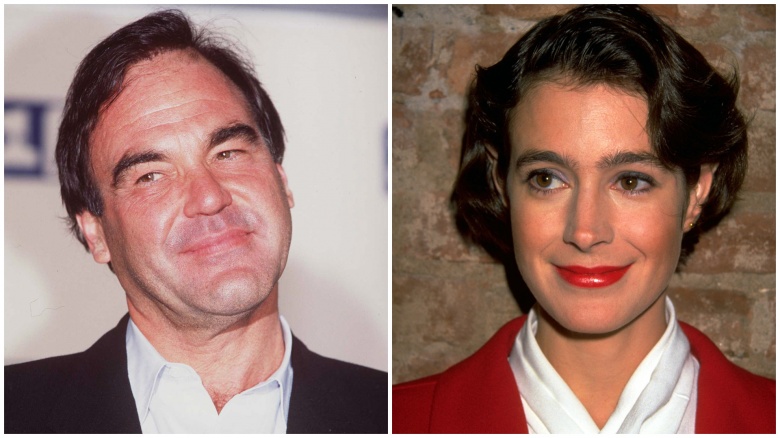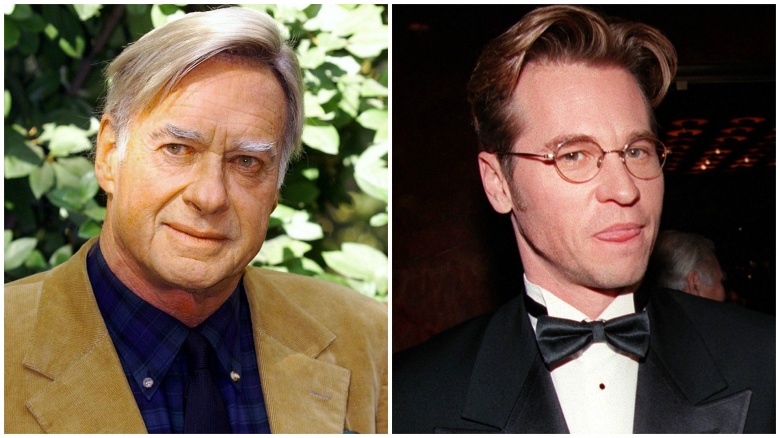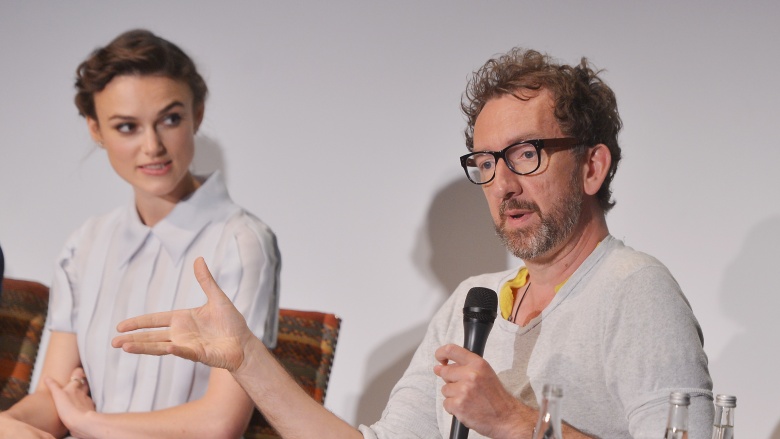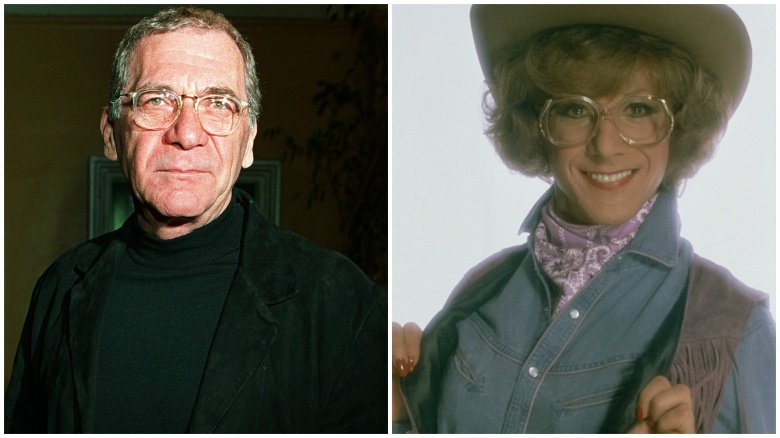Directors Who Publicly Dissed Their Actors
Nobody likes being trash-talked, but it's especially unpleasant when you and your trash-talker are both high profile celebrities, ensuring a large, eager audience dying to witness your catfight. Add in that we're essentially talking about workplace disputes—between directors and actors—and it becomes a multilayered personal and professional attack. Normally, HR would step in, make both parties watch some ethics tutorials, and write up a report, but this is Hollywood where pride and ego are everything. Here are some of the directors who took their on-set gripes off the lot and into the public eye.
J.J. Abrams on Daisy Ridley
Easily the least egregious example on this list, J.J. Abrams made it in because typically no negative press escapes the Star Wars/Disney PR machine. So, when Daisy Ridley, who stars as Rey in The Force Awakens, told Glamour UK that Abrams called her out on her first day, it was a shock to basically everyone. Not only because Abrams is regarded as one of the best in the business, but also because he bluntly called her performance "wooden" in front of a massive cast and crew. Ridley admittedly took it well, describing her overall experience on the film as "incredible."
As for why Abrams may have been a little tactless with his criticism? It could be the enormous responsibility of Disney's four billion dollar investment in this franchise reboot resting on his shoulders. Luckily, none of her supposedly wooden performance made it into the movie's final cut, as Ridley has been hailed as one of the brightest spots of the already-universally praised Star Wars sequel.
Kevin Smith on Bruce Willis
No other director has gone out of his way to trash an actor like Kevin Smith did with Bruce Willis. Smith has taken to podcasts, a book, live stage shows, Twitter, and probably one of those banners flying behind planes you always see at the beach. Calling Willis all manner of things like "unhappy," "mean," "bitter," and some choice expletives just to drive the point home, essentially Smith's beef is this: while filming Cop Out, Willis couldn't have cared less and went out of his way to make the production difficult for everyone. On Marc Maron's WTF podcast, Smith said the experience was "soul crushing," which, coming from the guy who directed Mallrats and Jersey Girl, is quite a statement. Squeezing usable performances out of Jeremy London and Jennifer Lopez was painless, but dealing with Bruce Willis killed your soul? You might want look up "hyperbole" in the dictionary before your next Bruce-bash session, dude.
Michael Bay on Megan Fox
Michael Bay didn't turn on Megan Fox until after her infamous Hitler comparison in a Wonderland magazine interview. After that—and with the urging of his producer and mentor, Steven Spielberg—Bay was free to not only fire and replace Fox from the third Transformers installment, but to tell GQ, "I'm sorry, Megan. I'm sorry I made you work twelve hours. I'm sorry that I'm making you show up on time. Movies are not always warm and fuzzy." He reduced her to a whiny child in a mock apology Donald Trump would be proud of, and eventually got the last laugh by making her second chance a starring role in Teenage Mutant Ninja Turtles. If that's not a "Sure, you can come back, but you have to work in the mail room," kind of redemption, we don't know what is.
Paul Schrader on Lindsay Lohan
Paul Schrader took a real chance casting Lindsay Lohan in The Canyons, a low-budget film that was supposed to be a campy, noirish thriller, but turned out to be the disaster everyone predicted. Fortunately for us, Schrader let a New York Times reporter embed with the production and document everything that happened on and off the set. At every opportunity, Lindsay, who was only making $100 a day, held up production with insane demands and erratic behavior. She disruptively clashed with co-star James Deen and even forced Schrader to strip naked in front of the crew before she would shoot a love scene. In the end, Schrader wouldn't admit to regret over her casting, but he did throw a jab over whether he'd cast her in something else, musing, "If it doesn't involve a co-star. She would be perfect for it." Even though he's no elementary school teacher, that was a clear "does not work well with others" on the report card right there.
Judd Apatow on Katherine Heigl
Well known for her feuding with Grey's Anatomy creator Shonda Rhimes, Katherine Heigl has such a reputation for difficulty that her last name has been turned into a descriptive term, as in "There are no Heigls in this situation." That's a quote from Rhimes in response to why her show Scandal runs like a dream. Ouch. But Rhimes is well known for being outspoken herself, especially when it comes to dealing with troublesome actors. Judd Apatow, on the other hand, is arguably the most affable, collaborative filmmaker around. Off the set, he's even better, having found himself at the top of the Hollywood comedy game for a solid decade. So, in response to Heigl's negative remarks regarding the portrayal of women in Knocked Up, the farthest Apatow would go is to say she probably had a bad day and didn't mean it, but that he's still waiting on an apology. Did you hear that, Heigl? The nicest guy in Hollywood gave you a pass while cleverly leaving you hanging if you choose not to take it. The ball's in your court, but we bet you're already scowling at it.
Stephen Norrington on Sean Connery
Sometimes actions speak louder than words, which is precisely the case in the fallout between Stephen Norrington, director of The League of Extraordinary Gentlemen, and Sean Connery. Bad luck plagued the ill-fated production of the graphic novel adaptation, and reports of feuding so bad that it nearly came to a physical altercation only fanned the flames of this trainwreck of a movie that ended the careers of both men.
That's right, Connery, who endlessly told the press what an idiot he thought Norrington was, never acted again, and Norrington vowed to never direct another film. Connery was 72 years old at the time, so maybe he was already looking for an out, but Norrington? This was only his fourth film, following the massive success of Blade, which means he also directed Wesley Snipes, a known egomaniac and notoriously difficult actor. If Norrington handled Snipes and kept going, but walked away from the business post-Connery, that's a more of a public statement than any mean tweet could ever make.
Vincent Gallo on Christina Ricci
Filmmaker Vincent Gallo has almost made an entire second career of saying and doing vile things, but it was still a shock when he unexpectedly unloaded on Christina Ricci. Calling her "an ungrateful [insert worst possible insult towards a woman here]" and accusing her of being drunk or that "she was on cough syrup the whole time," he went on an unprompted tirade about her to a New York Post reporter. Ricci took the high road and has never publicly insulted the guy, while Gallo hasn't been paid a dime to direct a feature since 2010. And who even says "on cough syrup" anyway? Was she supposedly acting like a drug addict or Lil Wayne?
Steven Spielberg on Julia Roberts
On paper, Julia Roberts starring as Tinkerbell in Steven Spielberg's Hook looked like a perfect combination. America's sweetheart, in front of the cameras playing a classic character for one of the greatest directors of his generation—what more could film fans want? The reality, however, apparently left a lot to be desired. Coming off a grueling stretch of back-to-back filming and the end of her engagement to Kiefer Sutherland, Roberts wasn't even sure she wanted to commit to Hook until the last minute, and once production started, she reportedly clashed with Spielberg behind the scenes. Spielberg alluded to the tension between the two during an interview for 60 Minutes after Hook hit theaters, admitting he wouldn't work with Roberts again and politely concluding, "It was an unfortunate time for us to work together."
For her part, Roberts later refuted rumors of her misconduct, telling Vanity Fair, "Hand to God: not a thing I read about that was truthful, and it really hurt my feelings. Because not only did it make me sound mean, but it was a situation where people who knew the truth talked about it in a way that wasn't untruthful."
Oliver Stone on Sean Young
For filmgoers of a certain age, Sean Young's name is synonymous with goofy behavior—most infamously the incident in which she showed up at Tim Burton's office dressed as Catwoman in an ill-fated bid to win the role in Batman Returns. Even before that, however, James Woods accused Young of stalking him—and director Oliver Stone basically erased her role from his 1987 hit Wall Street.
As Stone told The Hollywood Reporter, Young aggressively campaigned for Darryl Hannah's role even after he told her to stop. "Sean felt more and more encouraged to lobby for the role, even though we were already shooting. It got to a place where I said, 'I've had enough!,'" he recalled. "She just wouldn't rehearse correctly. So we let her go. She tried to leave with some of the clothes from the movie, and we had a very tough producer who got the clothes back, and I heard she was in the streets of East Hampton, furious, and walking around half-naked."
"He cut my part because I wasn't good at taking s—," Young later retorted. "But that's the way the cookie crumbles."
John Frankenheimer on Val Kilmer
In Val Kilmer's defense, his behavior was far from the only problem plaguing The Island of Dr. Moreau's infamously troubled set—the production was so beset with difficulties that it later inspired its own documentary. On the other hand, if Kilmer wasn't alone in making Moreau a living nightmare, he seems to have been responsible for some of the bigger behind-the-scenes difficulties; in fact, original director Richard Stanley openly blamed the star's antagonistic behavior for getting him fired after a few days of filming.
If Kilmer wanted Stanley fired, he seems to have been just as prickly with his replacement. The studio brought in director John Frankenheimer specifically to ride roughshod over the increasingly out-of-control set, and although he survived his time with Kilmer, Frankenheimer was typically blunt about his feelings after the production wrapped. "I don't like Val Kilmer," he told Entertainment Weekly. "I don't like his work ethic, and I don't want to be associated with him ever again."
John Carney on Keira Knightley
Writer-director John Carney made a name for himself with gently uplifting musical romantic dramedies like Once and Sing Street—and Begin Again, which stars Keira Knightley as a talented unknown whose singing and songwriting gifts are discovered by a down-on-his-luck record exec played by Mark Ruffalo. The duo's easy chemistry helped propel the amiably unassuming indie effort to solid reviews, but for Carney, the filming experience wasn't terribly harmonious.
"I'll never make a film with supermodels again," he told the Independent. "You need to not be afraid to find out who you really are when the camera's rolling. Keira's thing is to hide who you are and I don't think you can be an actor and do that."
Unsurprisingly, the press had a field day with Carney's remarks, and shortly after they were published, he posted a retraction calling his words "petty, mean and hurtful" and taking full responsibility for any flaws in the film. "I'm ashamed of myself that I could say such things and I've been trying to account for what they say about me," he wrote. "In trying to pick holes in my own work, I ended up blaming someone else."
Sydney Pollack on Dustin Hoffman
In the massive hit Tootsie, Dustin Hoffman plays a talented actor who takes his work so seriously that no one can stand to work with him—and according to director Sydney Pollack, that element of the gender-bending comedy was a bit of fiction imitating reality.
"Dustin feels that his job as an actor with any integrity is to dig his heels in and fight as hard as he can for what he believes in," Pollack told the New York Times. "For whatever reason, I think Dustin feels that directors and actors are biological enemies, the way the mongoose and the cobra are enemies. He sees every picture as what he calls a 'silent war.' And he's fought with most of his directors."
While it's hard to argue with the end result, which made nearly $200 million in 1982 and went on to be nominated for 10 Academy Awards, the tension between Hoffman and Pollack spilled over in front of the cameras (where Pollack played Hoffman's beleaguered agent) and onto the set. In a behind-the-scenes featurette filmed during production, co-star Bill Murray quipped, "I never realized they got up early when they didn't feel like getting up... This is a challenge, to have everyone really upset with you."
